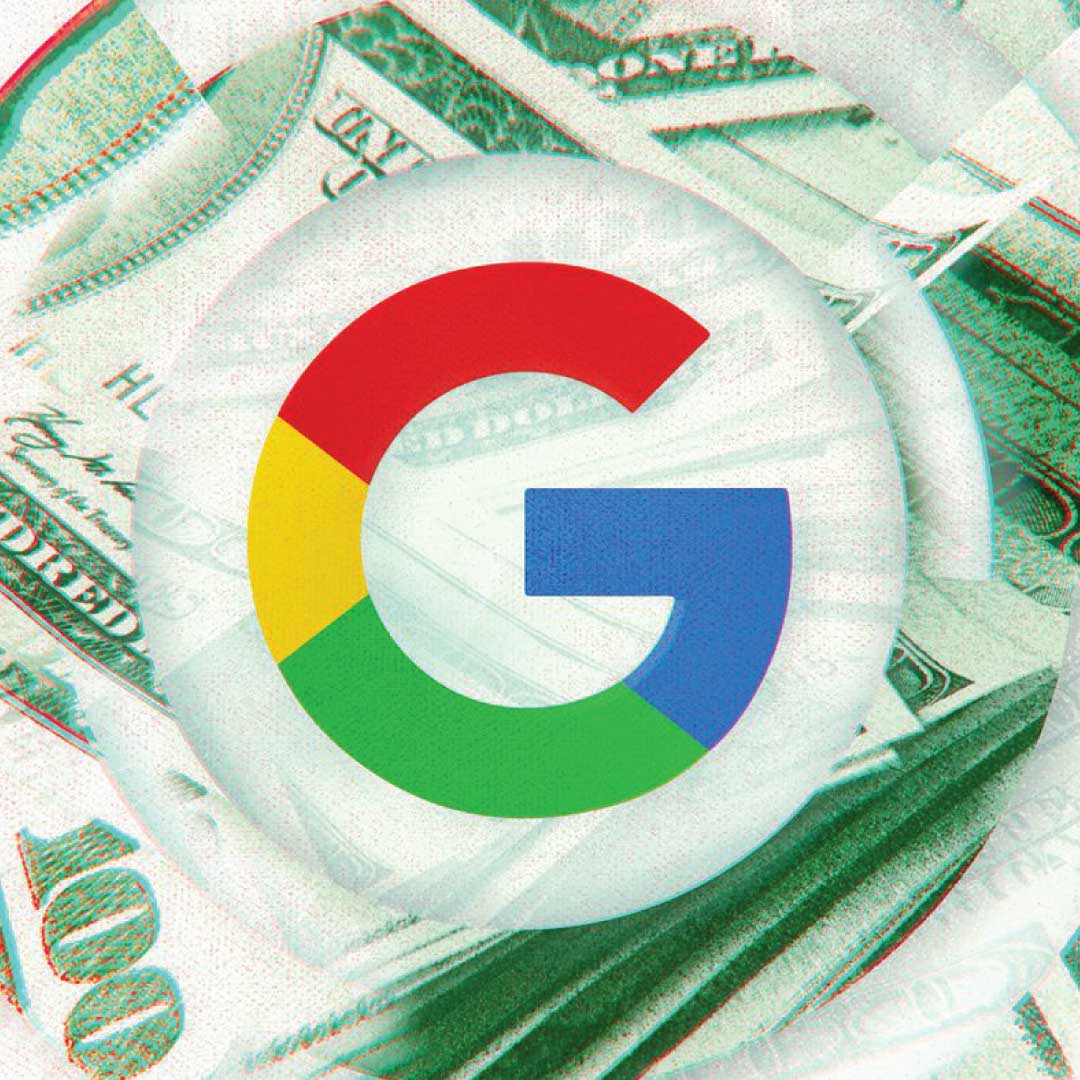The EU and the UK launched an antitrust investigation into a 2018 deal between Google and Facebook owner Meta, which was allegedly designed to cement their dominance over the online advertising market.
As global regulators step up their campaign to seriously limit the power of big tech, the European Commission said it was investigating the so-called “Jedi Blue” agreement, which has also been the subject of lawsuits in the United States.
What EU Antitrust Investigation Intends To Find Out
The EU antitrust investigation will look into whether the deal between the two internet behemoths was used to “restrict and distort competition in the already crowded ad tech market.”
If confirmed, Margrethe Vestager, the EU competition commissioner, said the deal would distort competition by squeezing rival ad tech companies, publishers, and “ultimately consumers.”
According to the EU, the UK Competition Market Authority has launched its own investigation into the agreement, and the two watchdogs will “closely cooperate” on the probe.
The CMA “will not shy away from scrutinizing the behaviour of big tech firms… working closely with global regulators to get the best outcomes possible,” according to CEO Andrea Coscelli.
What Online Publishers Are Doing
Publishers and ad rivals are putting pressure on the two online advertising behemoths, as they combine to dominate the online advertising market in much of the world.
Google said in a statement that the “allegations made about this agreement are false” and that its deal with Meta “is a publicly documented, procompetitive agreement” that it has with other businesses.
Meta said it would cooperate with the investigations, but that the new arrangements “provide more value to advertisers and publishers, resulting in better outcomes for everyone.”
Lawsuits in the United States
Big Tech companies in the United States have been under intense scrutiny in Europe, resulting in investigations, large fines, and plans for EU-wide legislation to rein them in.
According to the latest allegations, the “Jedi Blue” deal served to eliminate competition by manipulating ad auctions, which are also the subject of lawsuits in the United States.
These are the ultra-sophisticated systems that determine which ads appear on web pages based on anonymized user profiles.
According to court documents filed in the United States, Google and Facebook top executives were directly involved in the approval of the allegedly illegal 2018 deal.
Even though their identities were blacked, the legal documents filed in a New York court clearly allude to Sundar Pichai, the CEO of Google parent company Alphabet, as well as Facebook executive Sheryl Sandberg and CEO Mark Zuckerberg.
Google intends to change its ad tracking system on its world-leading Chrome browser and Android smartphone operating system has infuriated publishers and online ad rivals even more.
The decision, which eliminates personal online trackers known as “cookies,” was adopted in response to mounting pressure to better protect web user privacy.
Critics view it as a method for Google to deny publishers and advertisers valuable data while bolstering its advertising dominance.
Ad sales accounted for over 80% of Alphabet revenue in the fourth quarter of 2021, bringing in over $60 billion.
In the same time period, Meta made $33.6 billion in sales, the majority of which came from advertising.




